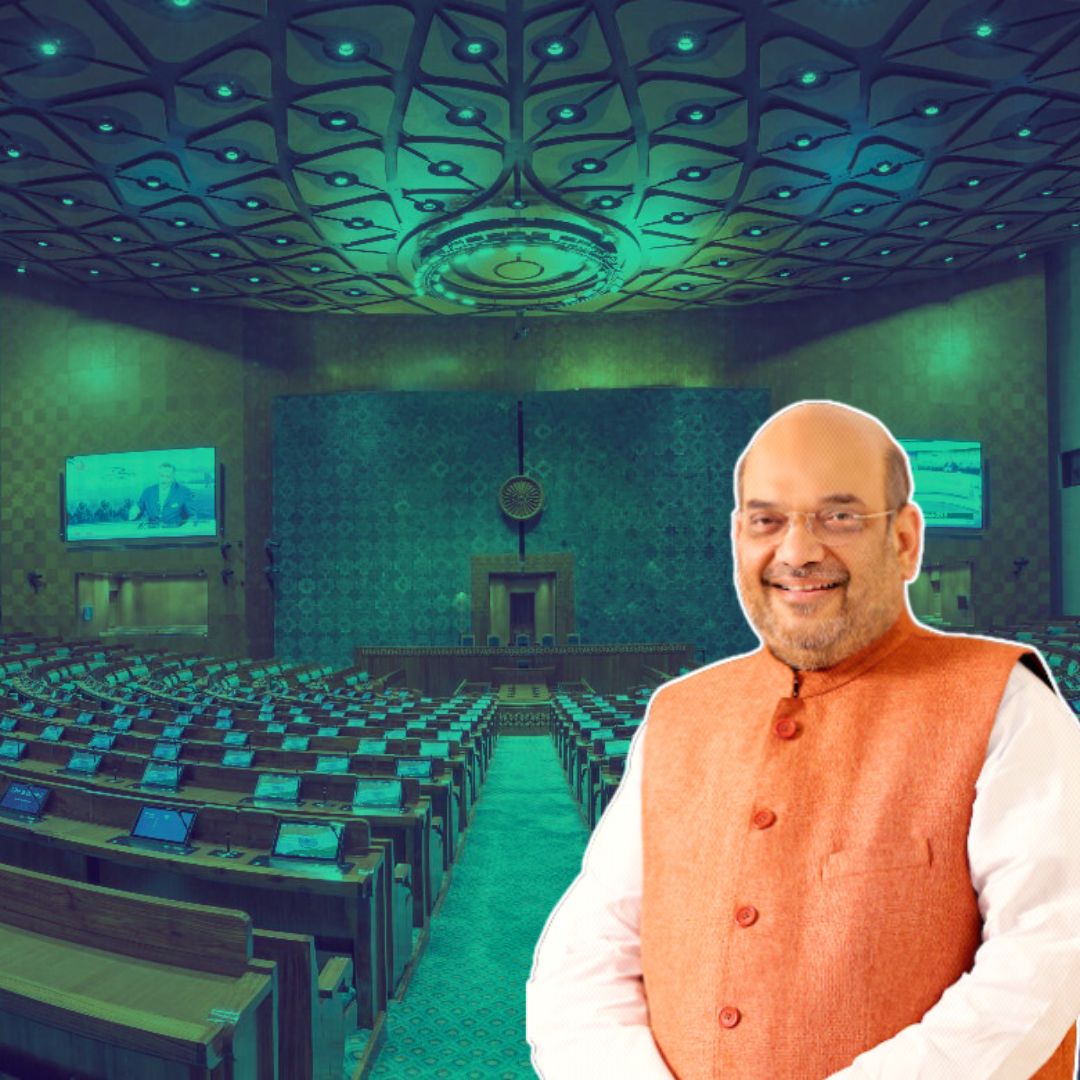The central government is set to introduce three major bills in Parliament, spearheaded by Union Home Minister Amit Shah, to ensure that the Prime Minister, Chief Ministers, and Ministers are automatically removed from office if arrested and detained for 30 consecutive days on charges punishable by at least five years in prison. These amendments seek to reinforce accountability in governance, closing a legal gap that so far mandated removal only after conviction.
The legislative package amends the Constitution, the Government of Union Territories Act, and the Jammu and Kashmir Reorganisation Act. The bills will be sent to a joint parliamentary committee for further scrutiny. While the move is hailed as a step towards clean governance, it also allows reappointment after release and has sparked debate among political circles and the public.
How Will the ‘30-Day Custody Rule’ Impact PMs and Ministers?
The legislation proposes a clear timeline: ministers arrested and held for 30 continuous days must step down or face automatic dismissal from their posts. The President or the Governor will have the authority to accept resignations or enforce removals if necessary.
The bills also include provisions allowing these officials to be reappointed if acquitted or released. According to Amit Shah, the move is designed to strengthen public trust and ensure that those facing serious criminal charges do not continue holding influential positions during lengthy legal proceedings.
Closing a Legal Loophole in Political Ethics
Previously, Indian law required removal from office only after conviction for serious crimes. This allowed some high-ranking leaders to continue in official capacities during lengthy legal proceedings, leading to public outcry over accountability and ethics.
Recent cases, like the arrest of Delhi’s Chief Minister Arvind Kejriwal, who continued administering from jail for nearly six months, have sharpened demands for reform. The new bills propose amendments to key articles of the Constitution, notably Articles 75, 164, and 239AA, and apply equally across states and union territories, including Jammu and Kashmir.
Supporters highlight that the proposed shift is crucial for restoring public trust in democratic institutions. Meanwhile, critics warn of potential misuse, calling for robust safeguards to prevent politically motivated arrests resulting in unjust removal from office. The Opposition has called a meeting to discuss and formulate its response to the bills.
The Logical Indian’s Perspective
The Logical Indian recognises this legislative effort as a pivotal step toward transparent and ethical governance, provided that adequate judicial safeguards are upheld.
Leadership demands accountability and fair treatment, removal should neither shield the wrongdoer nor become a tool for vendetta. True democracy relies on checks and balances; this bill, if enacted judiciously, can promote integrity while avoiding unjust harm.












